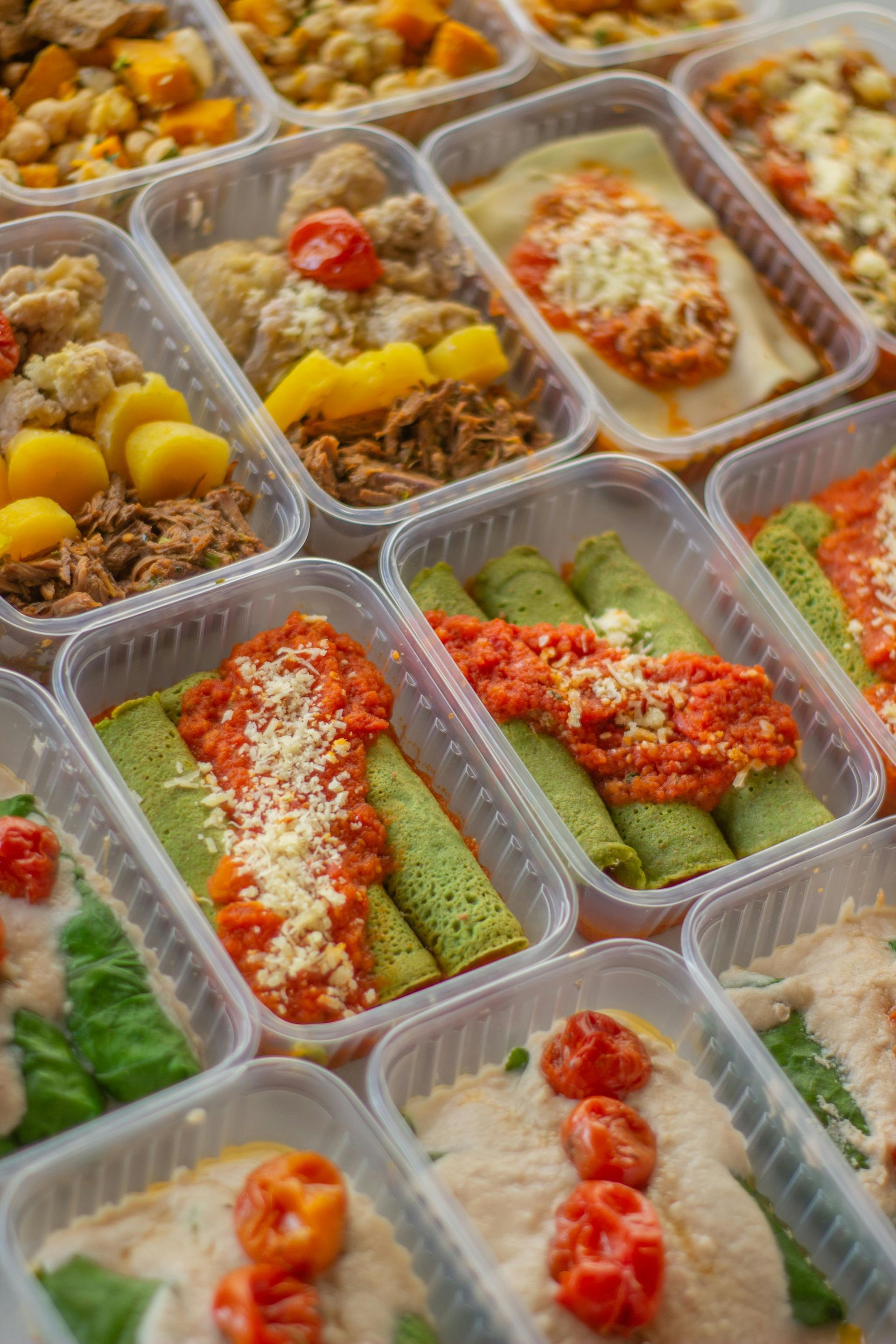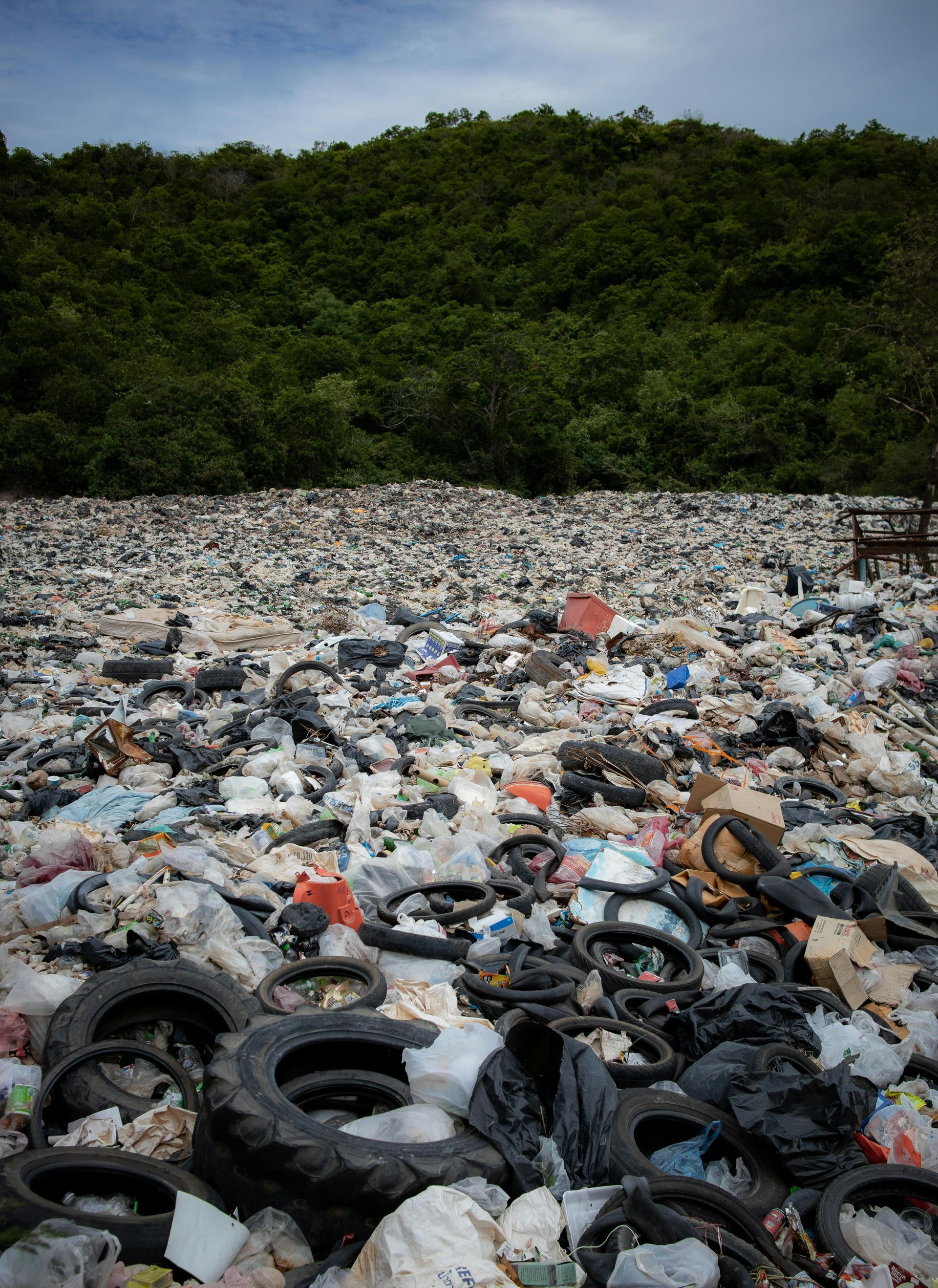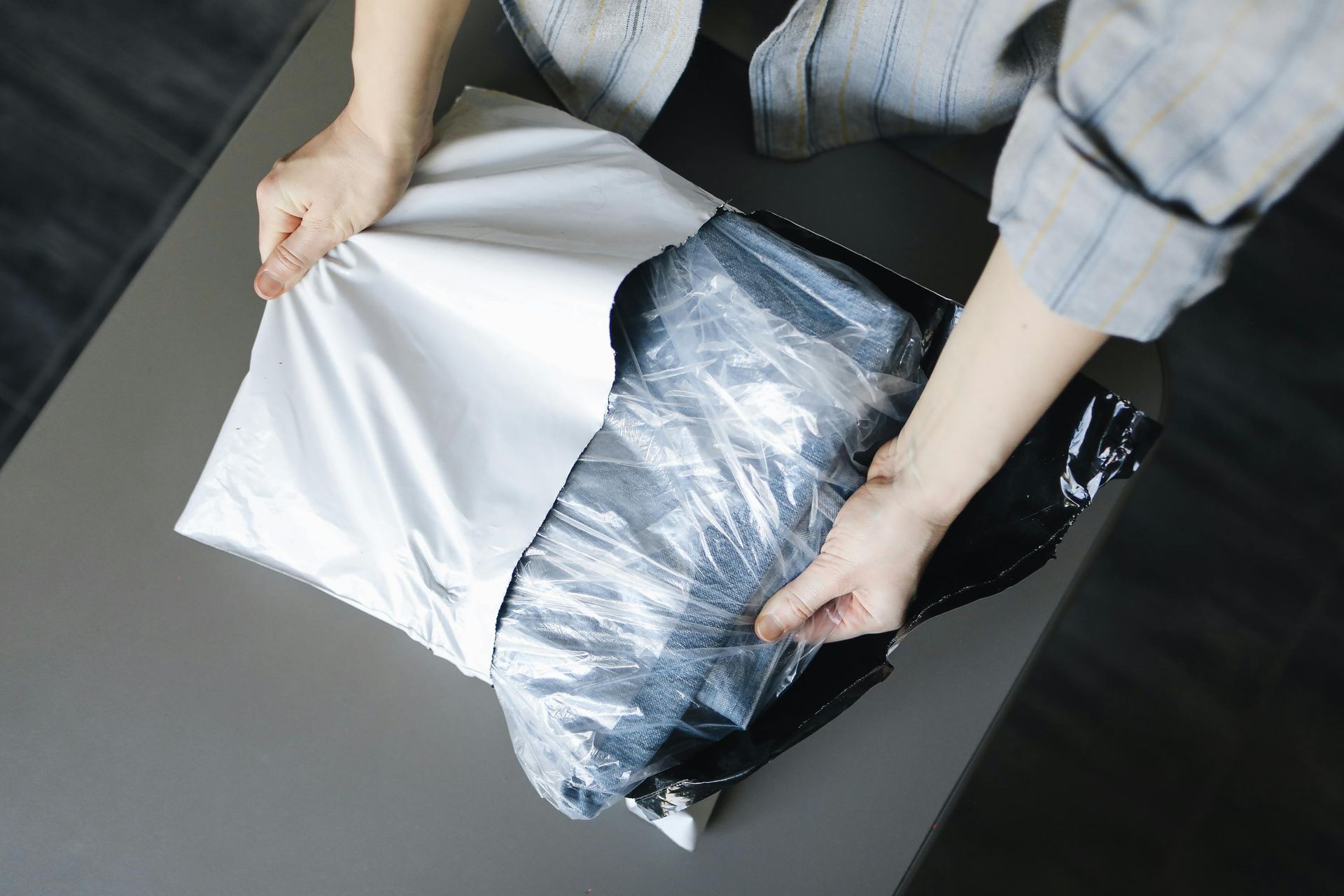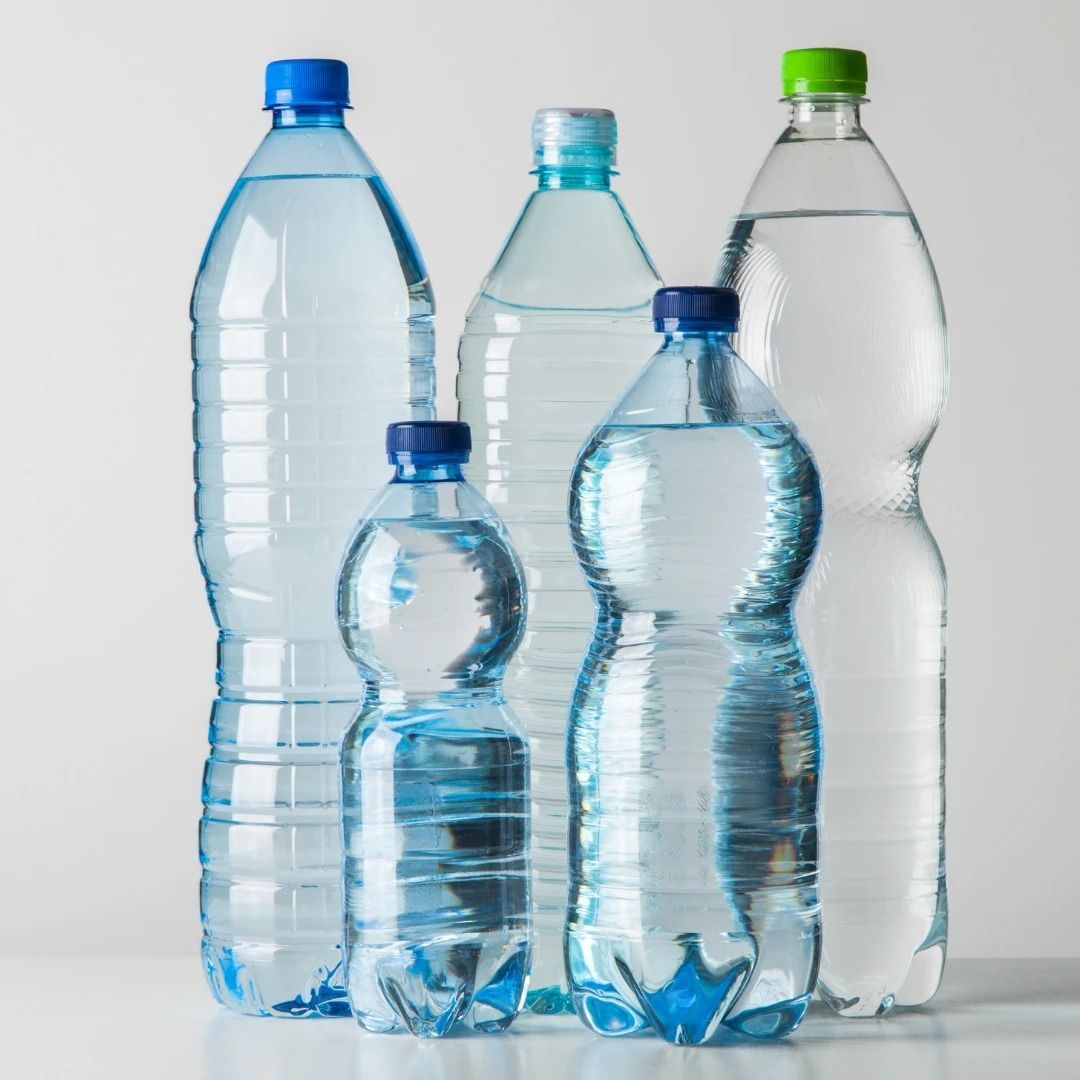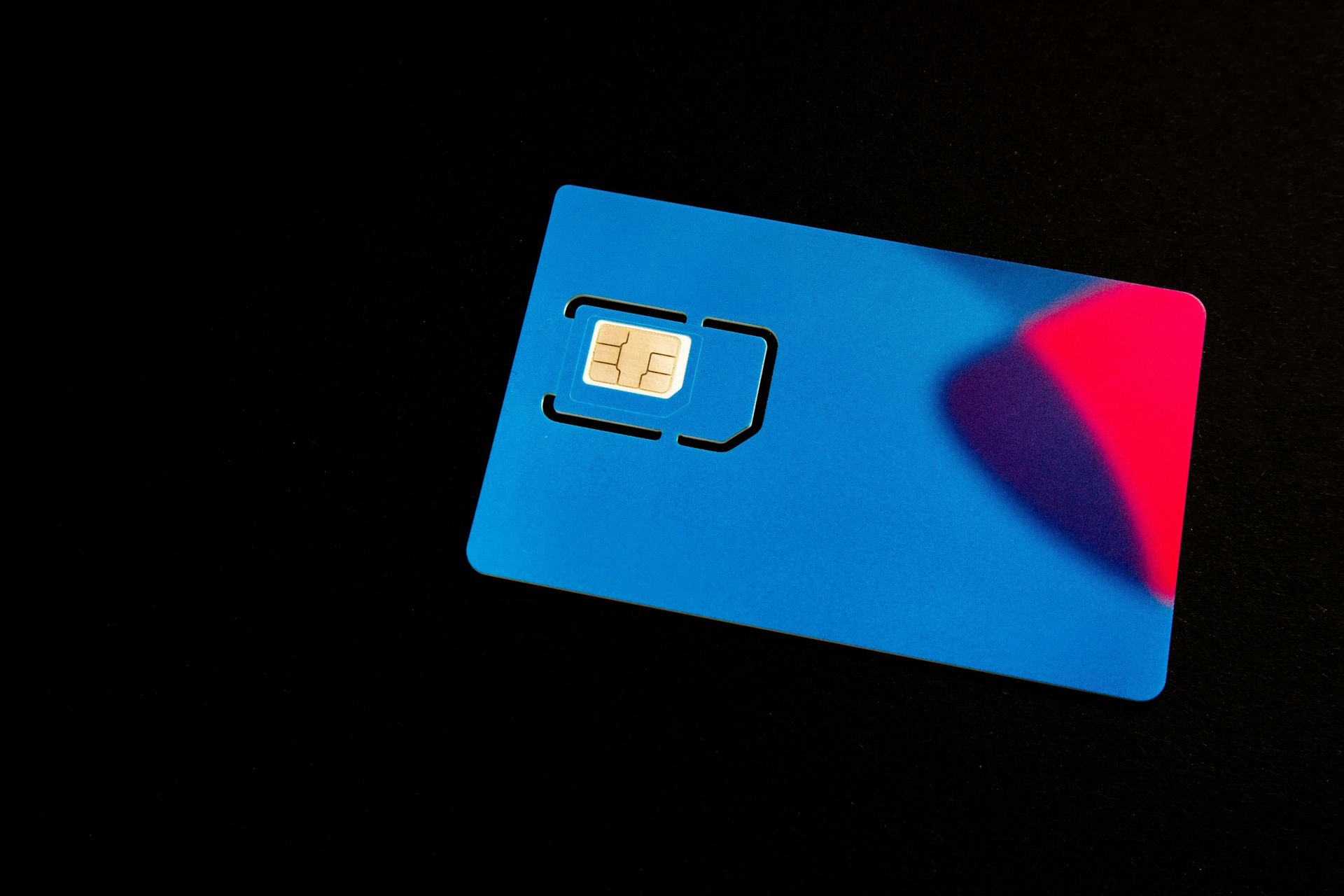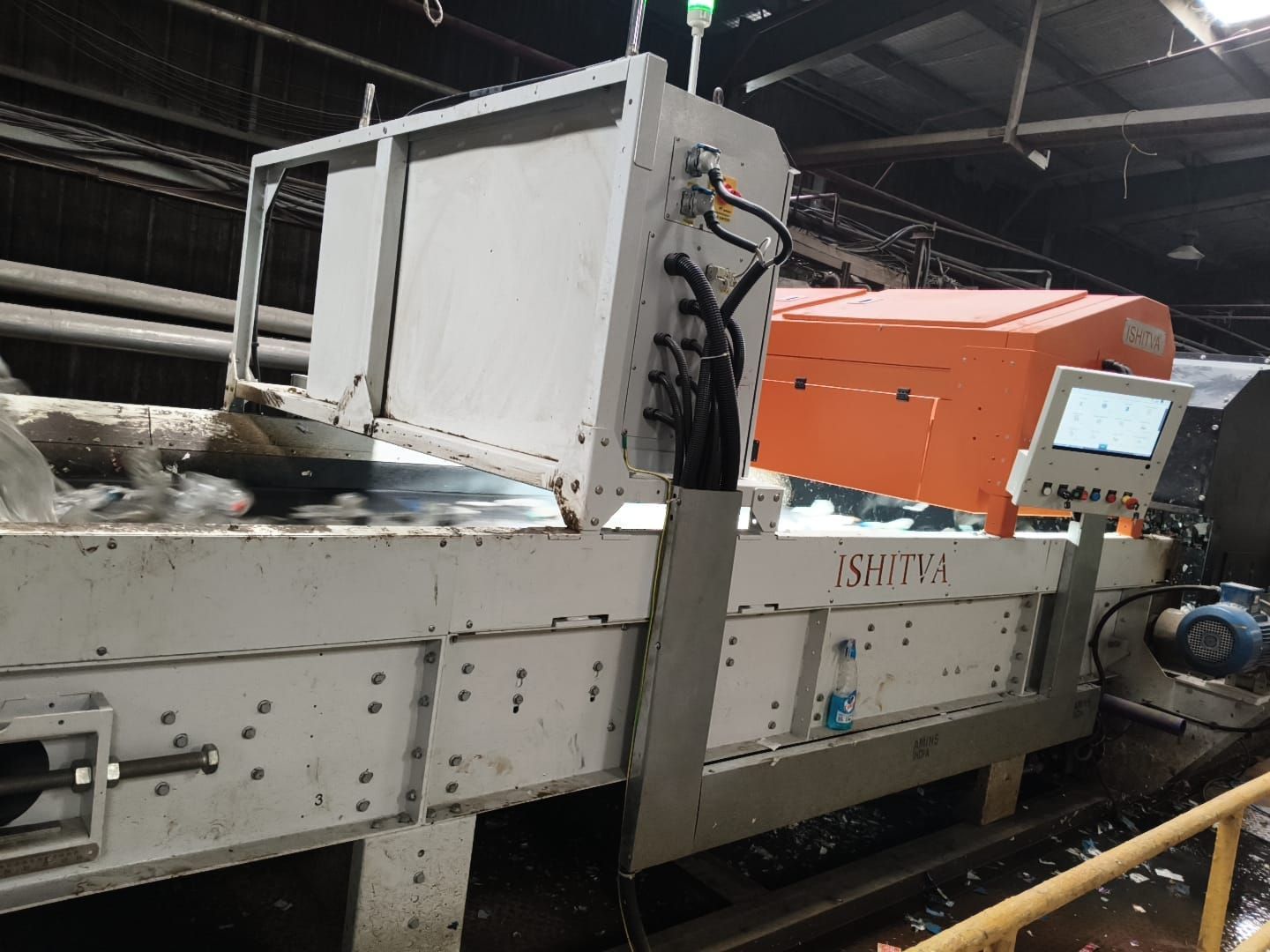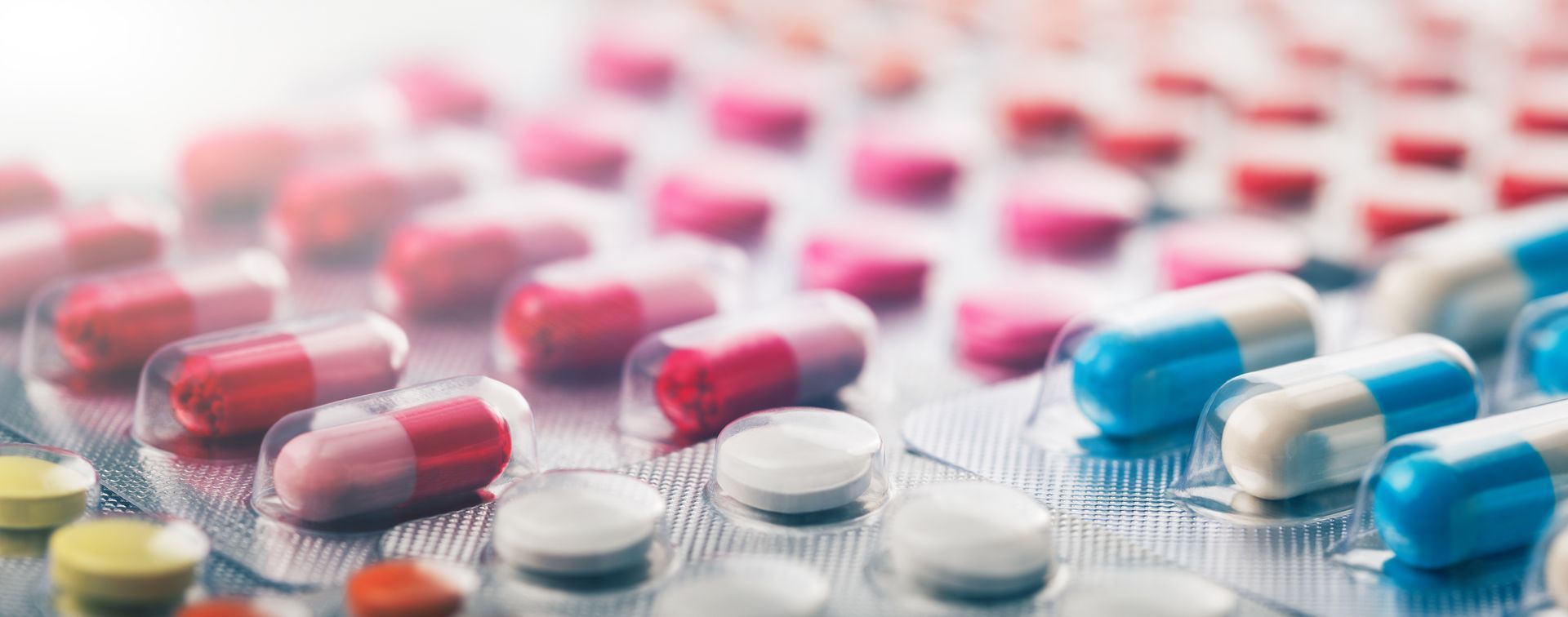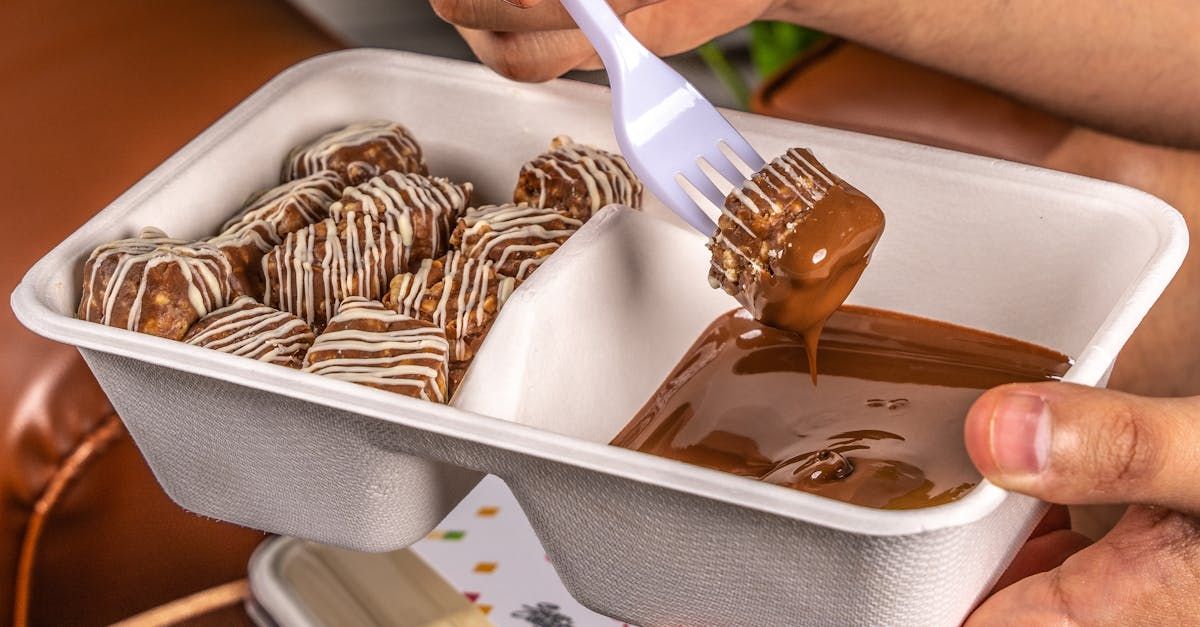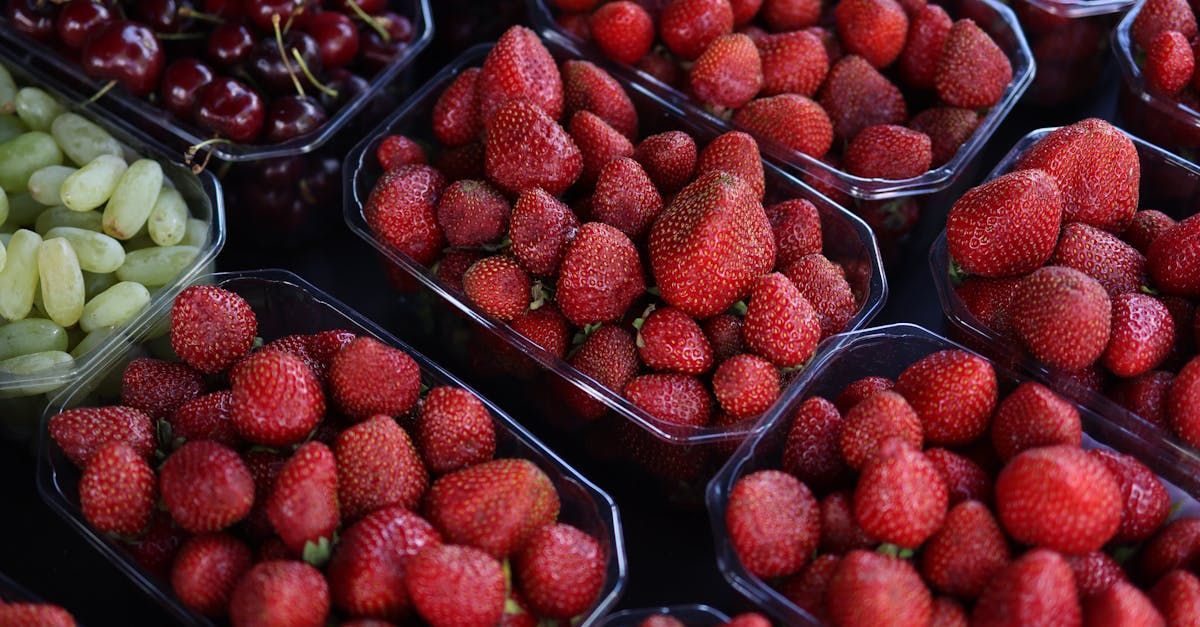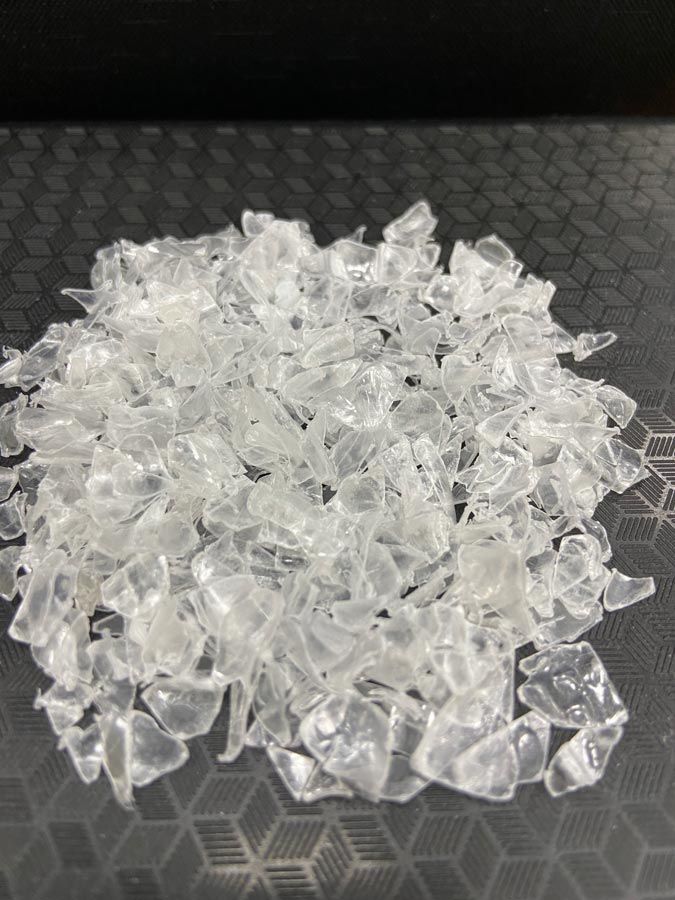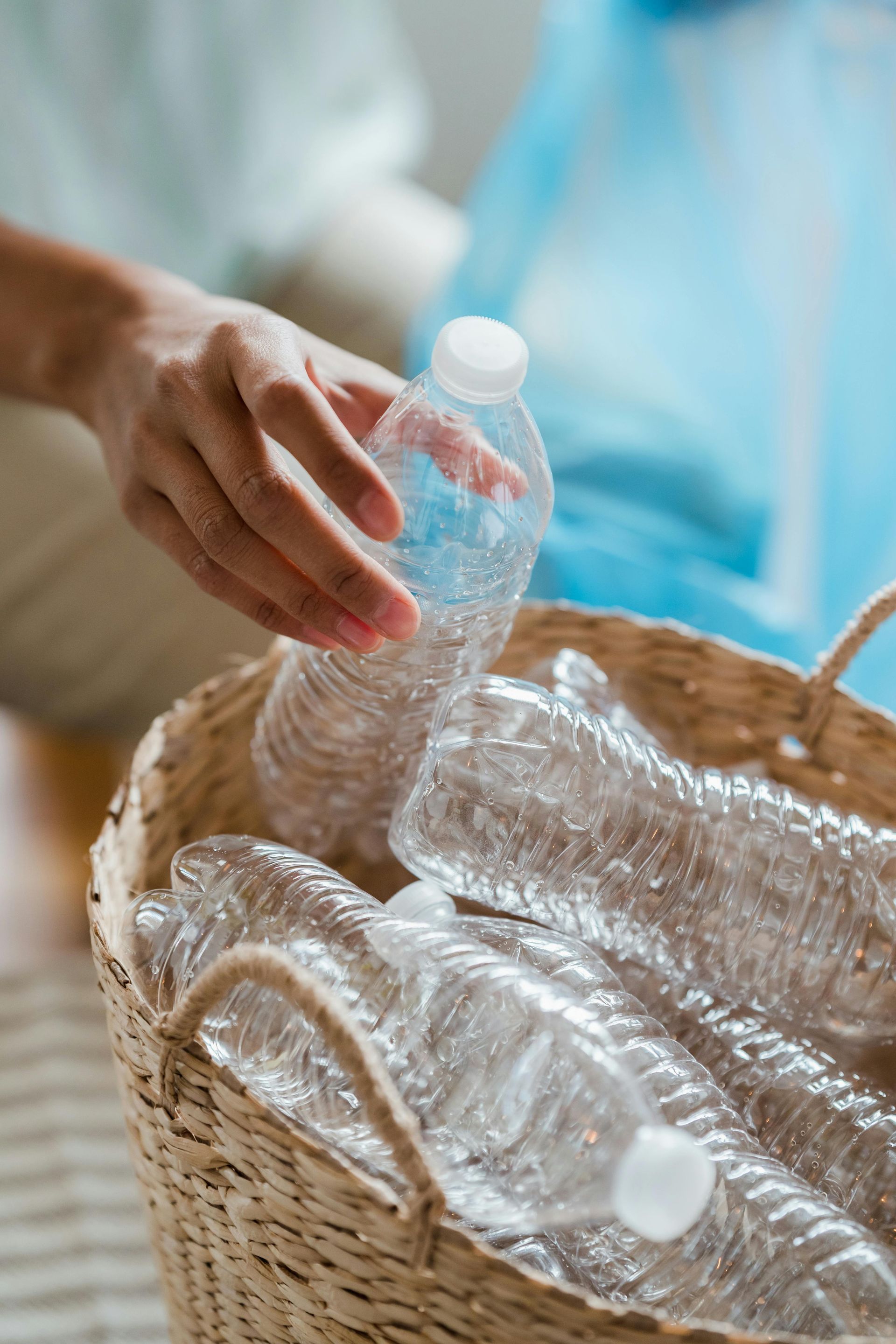In a world grappling with plastic waste, the search for sustainable solutions has become more critical than ever. One of the most promising innovations in this space is rPET, a material that is revolutionizing the packaging industry, especially for food and beverages. This article will explore what rPET is, its role in recycling, its application in food packaging, and the certifications that ensure its safety.
What is rPET?
rPET stands for recycled polyethylene terephthalate. It is the product of recycling PET, a common plastic used in items like water bottles, soda bottles, and food jars. The process of creating rPET involves collecting, sorting, and cleaning post-consumer PET products. These cleaned plastics are then ground into flakes, melted down, and reformed into new pellets. These rPET pellets can then be used to manufacture a wide range of new products, from clothing and carpets to, most importantly, new food and beverage containers.
Its Importance in Recycling
The importance of rPET in the recycling ecosystem cannot be overstated. Here's why it's a game-changer:
- Reduces Plastic Waste: By giving a second life to existing plastic, rPET significantly reduces the amount of plastic that ends up in landfills and our oceans.
- Lowers Carbon Footprint: The production of rPET has a much lower carbon footprint compared to the manufacturing of virgin PET. It is estimated that using rPET can reduce carbon emissions by up to 87%.
- Conserves Resources: Creating plastic from scratch is an energy-intensive process that relies on fossil fuels. Recycling PET to create rPET saves a significant amount of energy and natural resources. For every ton of recycled plastic, it is estimated that about 5,774 kWh of energy and 16 barrels of oil are saved.
- Promotes a Circular Economy: rPET is a cornerstone of the circular economy model, which aims to eliminate waste and keep materials in use for as long as possible.
When Can We Use rPET for Food Packaging?
rPET is widely used for food packaging, but its application depends on several factors, including regulatory approval and the quality of the recycled material. It is a versatile material that can be molded into various forms, such as:
List of Services
-
Bottles for drinks Write a description for this list item and include information that will interest site visitors. For example, you may want to describe a team member's experience, what makes a product special, or a unique service that you offer.Item Link List Item 1
-
Trays for fresh produce and meats Write a description for this list item and include information that will interest site visitors. For example, you may want to describe a team member's experience, what makes a product special, or a unique service that you offer.Item Link List Item 2
-
Containers for salads and other ready-to-eat meals Write a description for this list item and include information that will interest site visitors. For example, you may want to describe a team member's experience, what makes a product special, or a unique service that you offer.Item Link List Item 3
-
Clamshell containers for baked goods Write a description for this list item and include information that will interest site visitors. For example, you may want to describe a team member's experience, what makes a product special, or a unique service that you offer.Item Link List Item 4
The use of rPET in food packaging is governed by strict regulations to ensure that it is safe for direct contact with food.
Certifications for Food-Safe rPET
For rPET to be used in food packaging, it must meet the stringent standards set by food safety authorities around the world. The approval from these bodies is a critical step in bringing rPET products to the market.
- The U.S. Food and Drug Administration (FDA): In the United States, the FDA requires that rPET used in food contact applications meets specific purity criteria to ensure it does not pose a health risk.
- The European Food Safety Authority (EFSA): In the European Union, the EFSA has a comprehensive evaluation process to ensure that recycling processes effectively remove contaminants and produce high-quality, food-safe rPET.
- The Food Safety and Standards Authority of India (FSSAI): In India, the FSSAI has established rigorous guidelines for the use of recycled plastics in food-contact materials. This ensures that any rPET used for packaging meets strict safety and quality benchmarks.
Ribotl has achieved these high standards by getting FSSAI certification. This marks a significant milestone in India's journey towards sustainable food packaging.
In addition to these regulatory bodies, there are other certifications that provide further assurance of the quality and origin of rPET, such as the Global Recycled Standard (GRS), which verifies the recycled content of products.
Is it Food Safe?
Yes, rPET is considered food-safe when it is produced and certified according to the standards set by regulatory bodies like the FDA, EFSA, and FSSAI. The recycling processes for food-grade rPET are designed to decontaminate the plastic and remove any harmful substances. These processes often involve high temperatures and chemical treatments to ensure the final product is pure and safe for contact with food.
Is it PCR?
Yes, rPET is a type of Post-Consumer Recycled (PCR) plastic. PCR plastic is made from waste that has been used by consumers and then diverted from landfills to be recycled. rPET is one of the most common and widely recognized forms of PCR plastic.
How Many Times Can it Be Recycled?
While no material can be recycled infinitely without some degradation, PET is highly recyclable and can be recycled multiple times. Some sources suggest that a PET bottle can be recycled at least seven to ten times through mechanical recycling. With advanced chemical recycling processes, it is even possible to recycle PET an indefinite number of times by breaking it down to its original monomers. The key is to maintain a "closed-loop" system where bottles are recycled back into bottles, which helps to preserve the quality of the material for longer.
Conclusion
At Ribotl, we believe in a sustainable future, which is where rPET comes in. By utilizing post-consumer recycled plastic for food packaging, we not only reduce waste but also maintain quality and safety. It's a smart choice that supports a healthier planet while keeping your products fresh!
